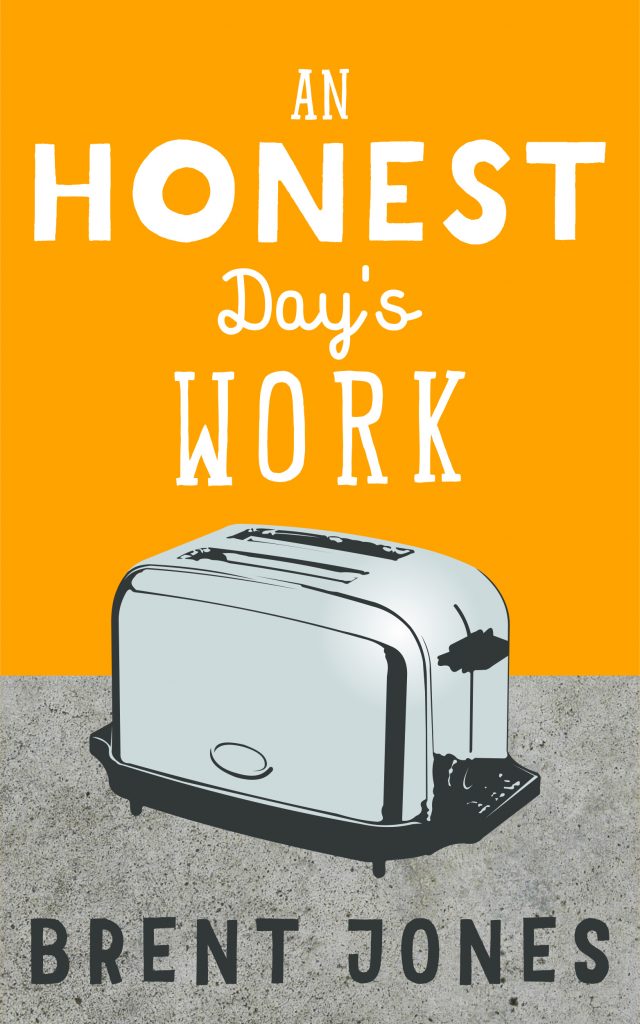I’ve just published my second short story this month, An Honest Day’s Work.
It is available at the moment on Smashwords, with other notable retailers—such as Amazon, Kobo, iBooks, and Barnes & Noble—coming soon. Check the books page for updates. There I will link to all major retailers who carry this short story for 99 cents.
Clocking in at close to 6,000 words, this is the second short story I’ve set in the fictional town of Wakefield.
Here’s what An Honest Day’s Work is all about:
Synopsis
Why is the right thing to do seldom the easy thing?
And are we, as people, as compassionate as we’d like to believe?
Jim Cooke, a baker, lends a helping hand to a homeless Vietnam veteran passing through the small town of Wakefield. But he soon discovers his good deed will test both his faith and compassion.
This short story, from the author of Fender and The Fifteenth of June, explores the influence of popular opinion on morality, and the human tendency to fear what is unknown.
And if that’s too much detail…
TL;DR
A small town baker finds his faith tested after making a deal with a drifter—a deal unpopular with some of his regulars.
True to form, An Honest Day’s Work is best classified as literary fiction, although there are some political and religious themes throughout.
After you read it, please consider rating it on Goodreads. You’re also welcome to try answering a few trivia questions.
Analysis & Discussion
I worked with two different editors on this short story, and one of them, Sarah Burton, commented:
[An Honest Day’s Work is] one of those short stories I want to dissect in a literature class. There is a great sense of layers.
I thought that was really kind.
If you're looking for an affordable—and thorough—editor, check out Sarah Burton, the queen of short stories!Click To TweetIt also got me thinking about what I hoped readers might take away from the story.
If you haven’t already read An Honest Day’s Work, I recommend doing that first. What I’m about to share does not constitute a spoiler of any kind, but the potential for analysis becomes much greater after giving the story a read.
The lesson in the story hinges on a simple concept:
Despite being a God-fearing man, Jim isn’t able to recognize the devil right in front him—Todd, and to some extent, himself. Even though I gave Jim the initials JC, it was really Bob who served as a Christ-like character in the story. And guilty as Jim feels near the conclusion, he admits he doesn’t “deserve” forgiveness from Bob.
What I hope readers will ask themselves after finishing An Honest Day’s Work is:
- Am I as virtuous as I think I am?
- How susceptible am I to the opinions of others, even if those opinions are uneducated and harmful?
- Are there things I do on auto-pilot? And if so, why?
- How could I use my time in a way that benefits more people?
- Do I struggle to give others the benefit of the doubt?
What were your takeaways after reading An Honest Day’s Work? Please share your ideas in the comments below.

